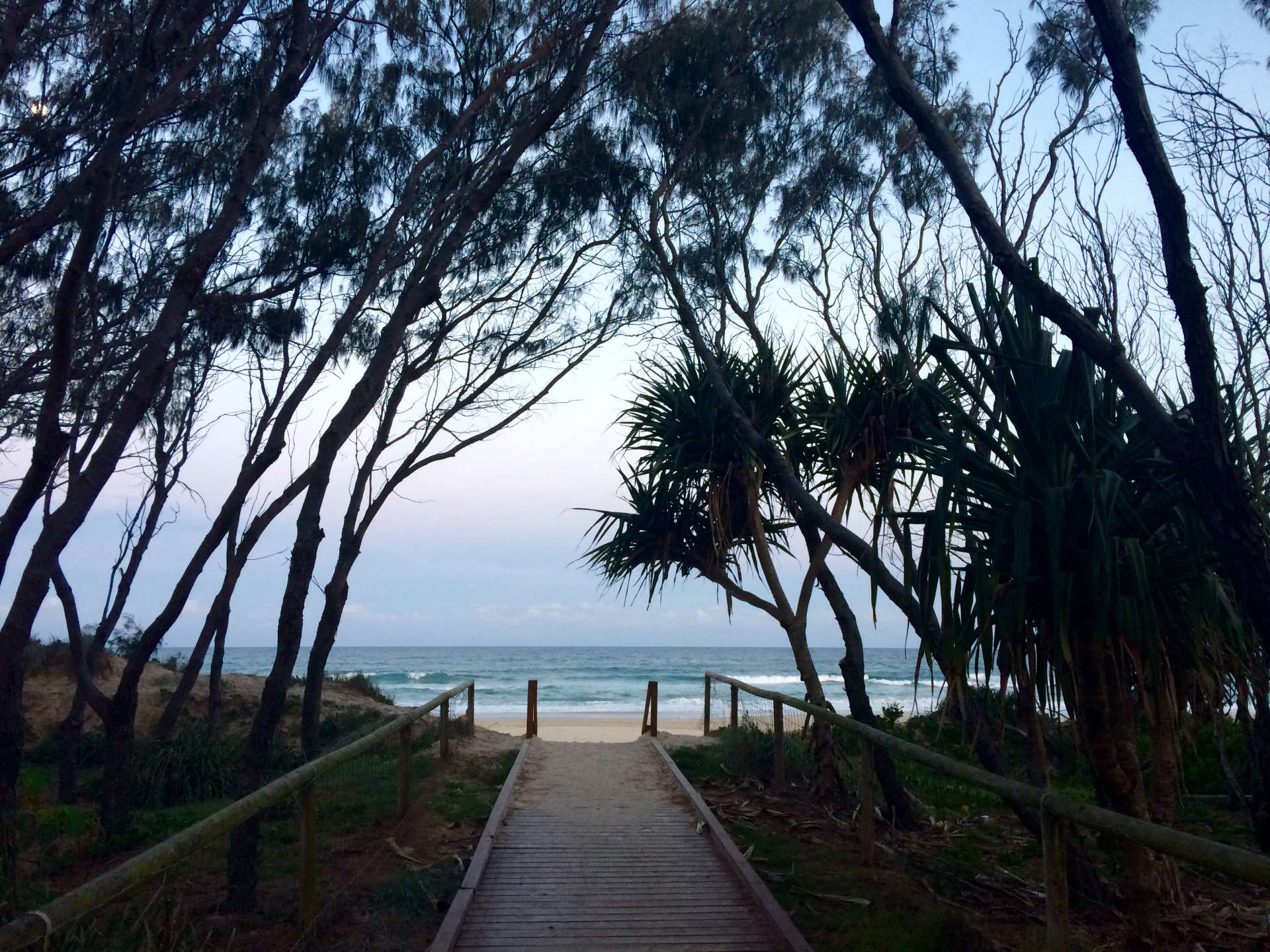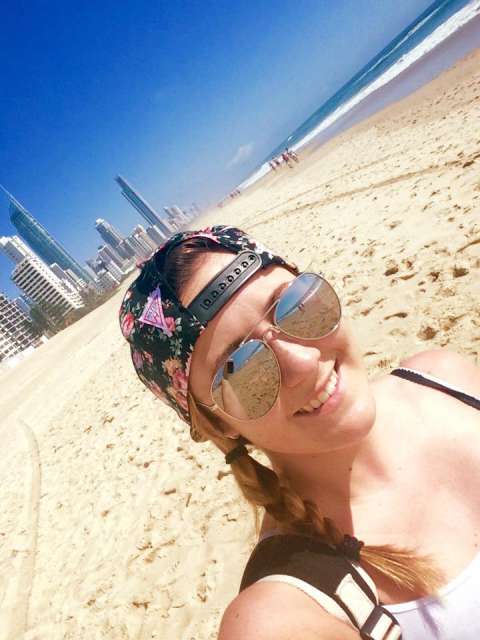Great Ocean Road
発行済み: 16.03.2017
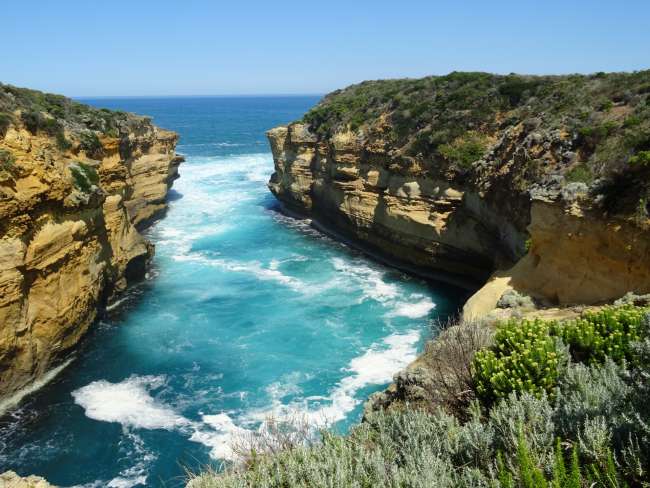
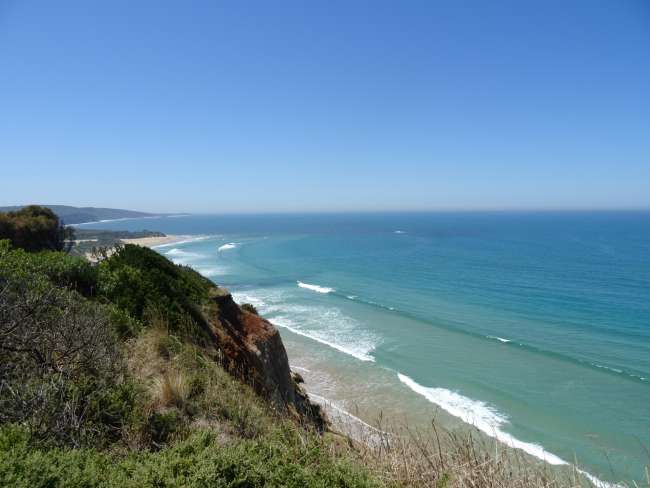
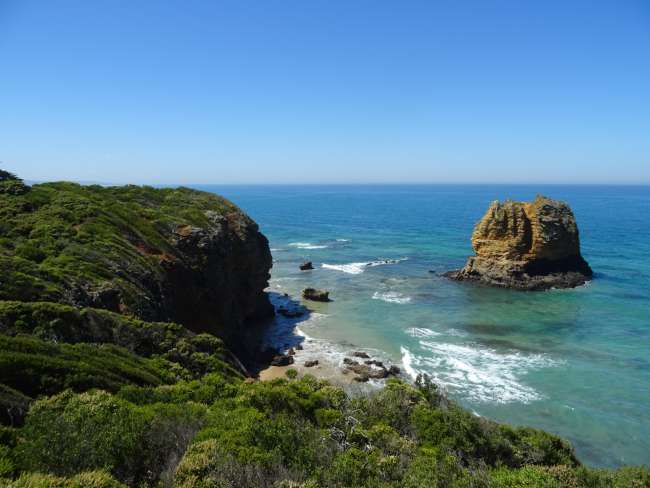
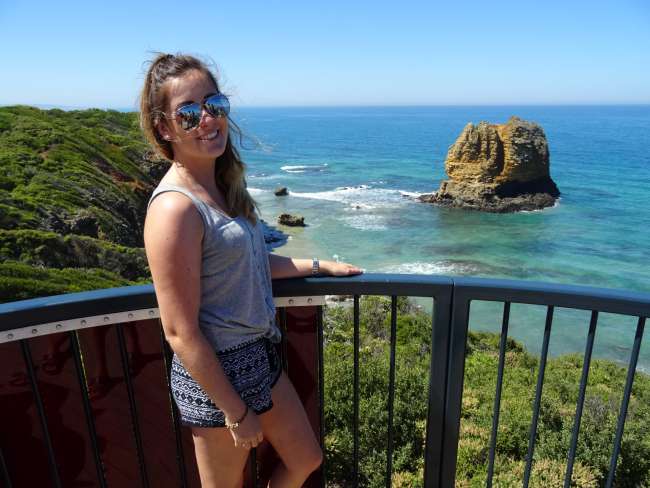
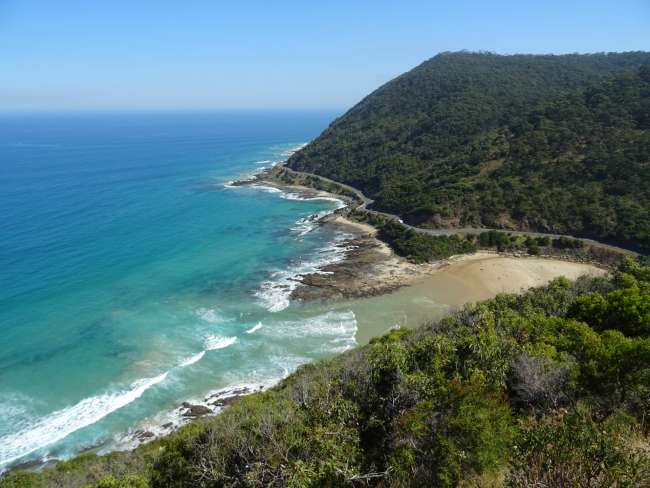
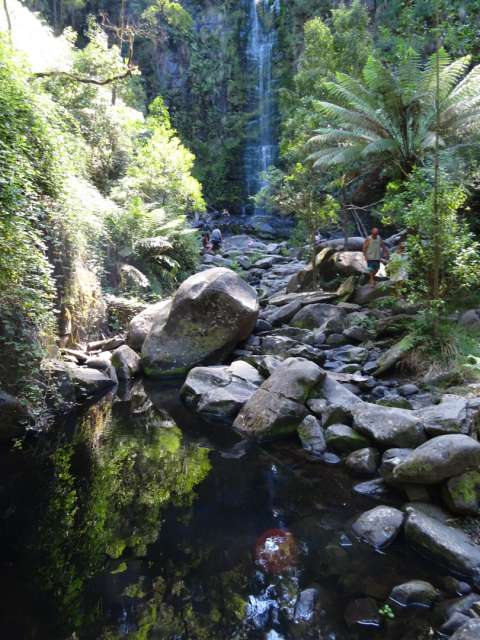
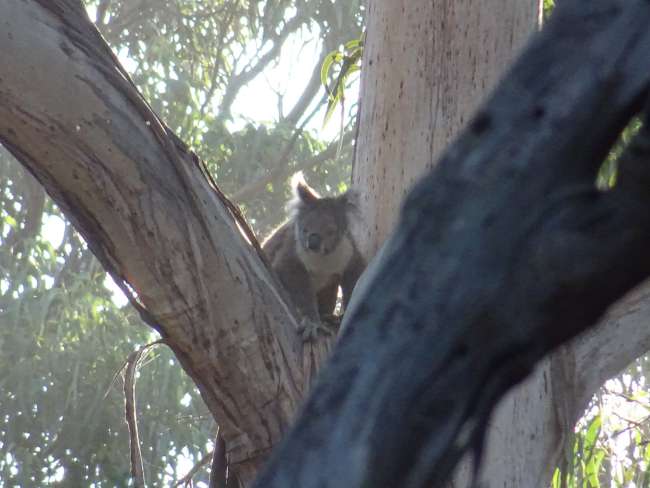
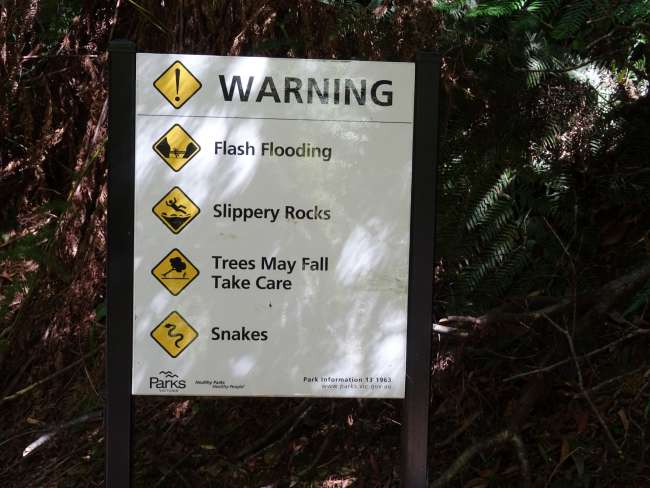
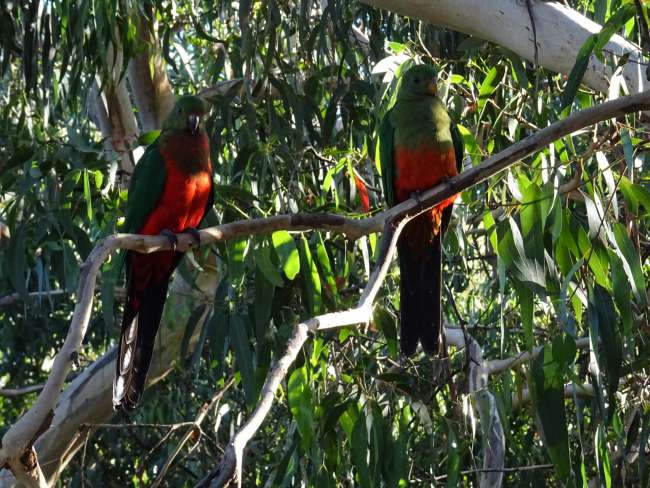
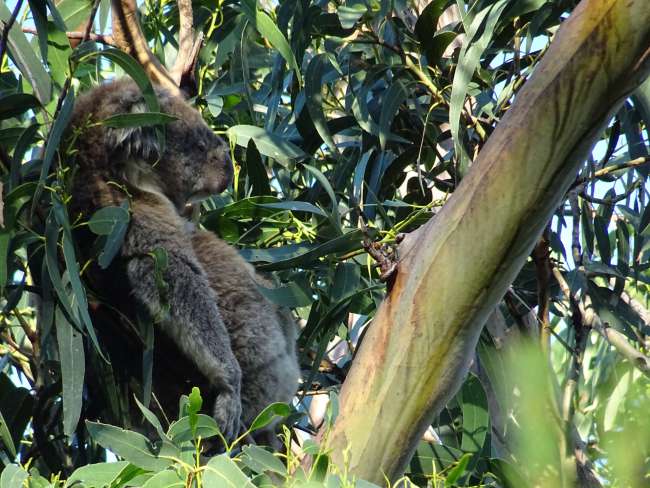
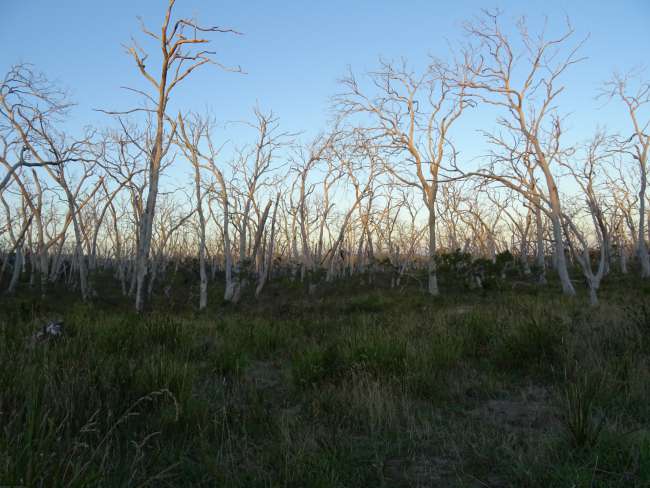
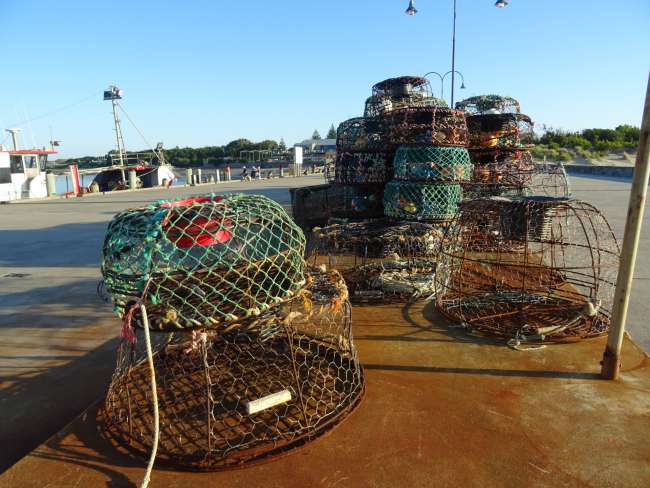
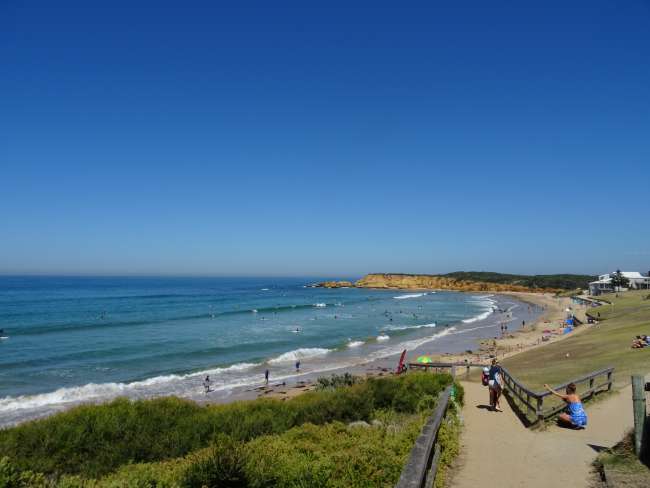
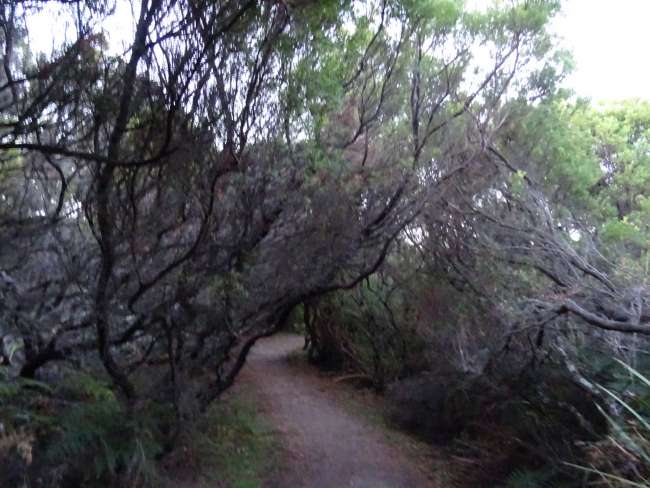
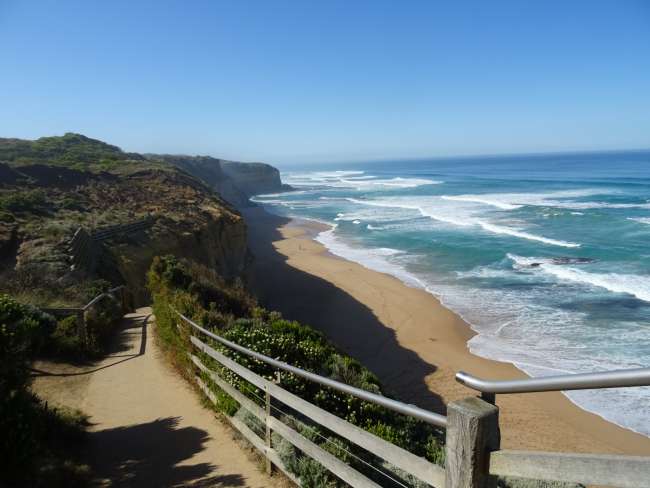
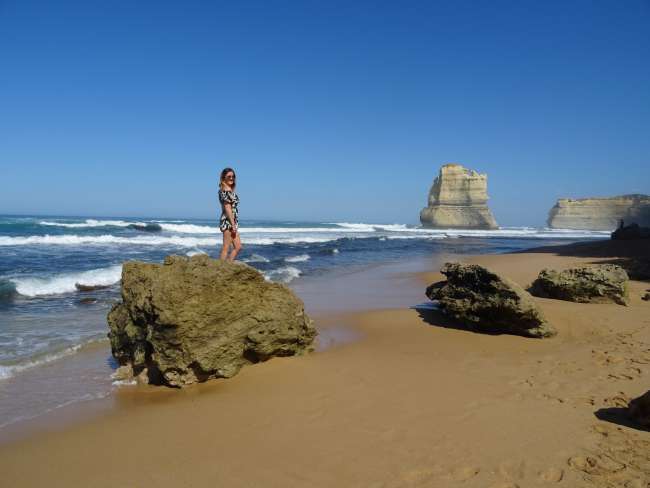
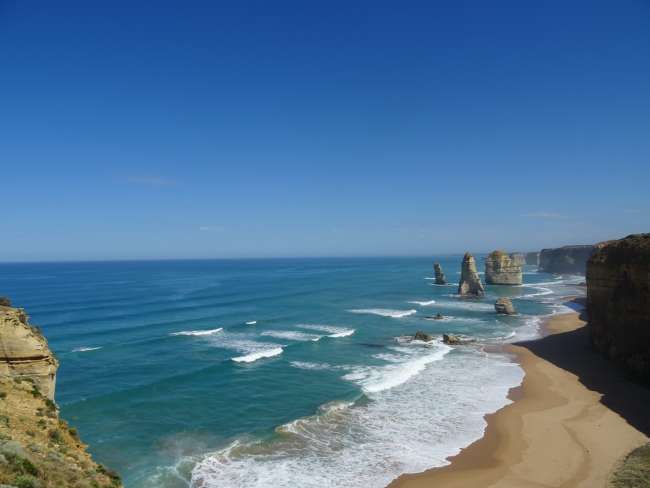
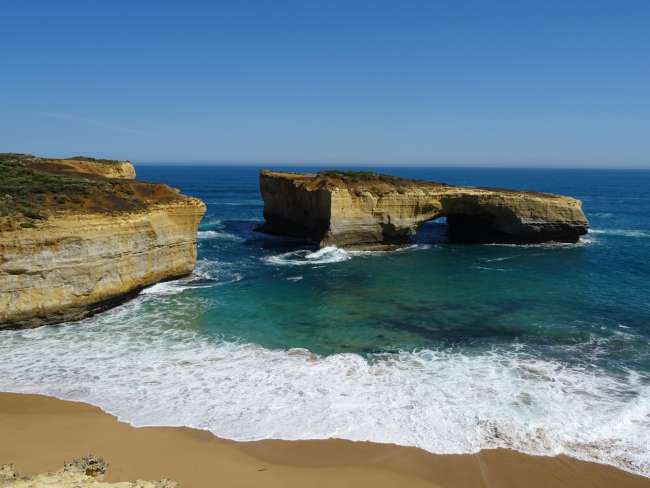
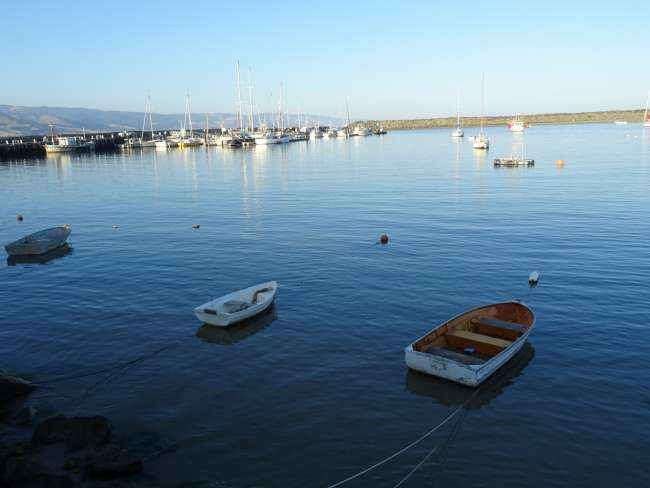
ニュースレターを購読します
As a highlight of my previous trip to Australia, I would describe the Great Ocean Road on the south coast of Australia. The 243 km long road starts in Torquay (about 104 km from Melbourne) and ends in Allansford. There are only small coastal towns along this route. The largest city here is still Torquay with 8000 inhabitants. After that, there are only places with a few hundred residents. Apollo Bay in the middle of the Great Ocean Road is still one of the larger places with 1777 inhabitants.
First of all: During the entire journey, apart from the towns, we made many many stops. Often we stopped by the roadside to enjoy the beautiful views. However, for the most famous lookouts, there were always parking spaces that you could drive directly into from the road. We saw truly breathtaking natural phenomena. Rock formations that had formed over many years. And a sea that had such a beautiful color that you wanted to jump in. But that is not possible in the areas away from the towns. The sea is unpredictable due to the currents and therefore dangerous, and the high waves make it almost impossible to swim. In addition, the water is really cold, the water temperatures are below 20 degrees even in summer. It was also very interesting to see how the vegetation of the landscapes had changed over and over again. Despite the few hundred kilometers, there were big differences. Sometimes there were very barren, dried-up areas and sometimes areas with lush meadows and many trees and plants.
After spending a night in Melbourne, we finally headed to the Great Ocean Road on the morning of February 28th. Unfortunately, we booked our hostel in Melbourne and the rental car for the Great Ocean Road through a backpacker travel agency. A fatal mistake, as we were apparently assisted by a very incompetent staff member. He booked the hostel for us in the city center as we requested, but the car rental was located at the airport, where we had to take a train and bus for 1.5 hours and then walk a bit to finally reach the car rental. When we arrived there, the next piece of bad news came. The car was not insured, even though I had asked the employee at the travel agency if the car was insured. So, in addition to the rental costs, we had to pay extra costs, which did not make us happy at all.
After these inconveniences, we finally set off on the Great Ocean Road in the late morning to Torquay, where the Great Ocean Road begins. We went to an information center and got a map and tips and information. We first drove from Torquay to Lorne, which is also a small town with only about 967 inhabitants. We went to Teddy's Lookout, where you had a beautiful view of the coast. Then we stocked up on groceries at a supermarket and then continued to the nearby Erskine Falls, which are located in the Otway Forest (also known as 'the Otway'). To get to the waterfall, we had to descend 200 steps and then, of course, climb back up. With over 30 degrees, we were sweating a bit. We then continued our drive to the small town of Kennett River, which is also part of the Otway Forest. I don't even know if there are any people living there, if so, very very few. There was only one campsite that stood out. However, it is known in this place that you have a good chance of seeing wild koalas. So we walked along a small path and actually discovered two koalas. However, only after a few people were already standing in front of the trees and looking up. It is usually very difficult to spot koalas when they are sleeping high up in a eucalyptus tree. When we continued driving, we saw a car parked on the side of the road and a couple looking up at a tree. So we also stopped immediately, and there was another sleeping koala right by the road.
The next place where we stopped was Apollo Bay. In my opinion, the place is not particularly worth seeing. We just walked along the small fishing harbor and then continued to the Great Otway National Park, which belongs to the Otway Forest. It was already evening, and I had the idea that we should drive to Cape Otway, where the oldest lighthouse in Australia stands. From there, I really wanted to watch the sunset. We arrived just in time for sunset and then found out that the lighthouse was fenced off and already closed, so we couldn't go to the lookout platform. A handful of other visitors were there too, standing in front of locked doors like us. Almost running, so as not to miss the sunset, we walked with the other visitors on a hiking trail, hoping that there would be a good viewpoint somewhere. And indeed, we found a small spot from where we could see the sunset. It was already around 8:30 pm, and we were in the middle of the national park. So it was time to find accommodation. We had received a flyer for a campsite called 'Bimbi Park' in the national park from the information center in Torquay. So we drove there, but doubting that we would find anyone at the reception so late. However, it was our only option for accommodation as we were in the middle of the forest and the next town was a while away. The door to the reception was already locked. I then asked a guest on the property if no one from the park was there anymore. He gave me a hint that there was a radio next to the reception door that can be used to contact the owner. Because he and his family also live on the park. So I tried to operate the device somehow and spoke into it that we were looking for accommodation. We were lucky and the owner came and offered us a container. I honestly expected the worst, where we would have to sleep, but we were pleasantly surprised. The containers were brand new and very modernly furnished. They had a bathroom, kitchen, dining area, two bedrooms, and even a couch with a TV. For dinner, we only had cookies and fruit that we bought. There was, of course, no restaurant or anything like that. We had a big problem with the many flies in the container. But that's part of it when you're in nature. I could only sleep very poorly at night. It was pitch dark and dead quiet. I felt really uncomfortable and missed the streetlight and street noise that I'm so used to. ;-)
The next day, our journey continued. We stopped in the town of Port Campbell to get some groceries again. This supermarket did not look like a supermarket from the outside at all. It was just a small village shop that had all sorts of things. It is also worth mentioning that the prices of groceries were very expensive, but we had no choice. We would have had to drive many kilometers until the next supermarket.
In Warrnambool, a city located shortly after the end of the Great Ocean Road, we found accommodation in a motel in the late afternoon. The owner gave us tips on where to see penguins and where the sunset is the most beautiful. First, we went shopping at ALDI to stock up on groceries. Then we drove to the Merri Bridge. A bridge that leads a short distance on foot over the sea and where you can get to the Warrnambool Coastal Reserve. We then took a coastal walk, always looking for penguins on a nearby mini island called 'Merri Island'. After walking for a while, we still hadn't seen any. We suspected that this island must have been at the beginning of the walk. So we walked back again. And indeed, thanks to our binoculars, we finally spotted the penguins. After that, we actually wanted to go to the 'Thunder Point' viewpoint, which is right after the coastal walk, to watch the sunset from there. We thought it would be more convenient to drive there by car so that we wouldn't have to walk the whole way back in the dark later. Unfortunately, the road there was closed. So we had to walk after all. However, instead of taking the coastal walk, we thought it would be faster to walk along a road through a residential area. Unfortunately, this residential area eventually ended, and so did the pedestrian pathway. So we had to walk along the roadside uphill. When we finally arrived at 'Thunder Point', we decided to follow the motel owner's secret tip and walked another 15 minutes to reach a lookout that is only known to the locals. We reached our destination just in time for the sunset. Afterwards, we walked back on the coastal walk. It was already around 9 pm when we finally arrived at the car, and we were incredibly hungry. So we tried to find a restaurant, but unfortunately, we didn't find anything as the restaurants closed around 9 and 10 pm. We had no choice but to get our dinner from Burger King.
The next day, we went to Tower Hill, a wildlife reserve. A friend had given me the tip that you can see many animals there, including kangaroos, rabbits, emus, and koalas. In the park, you can choose various walks, and we took one to the volcanic crater. All in all, this park was not really worth seeing for us. We didn't see any animals except for an emu, which is a permanent resident in the park, and the landscape was nothing special.
That was the end of our Great Ocean Road. So, in the late afternoon, we started our way back to Phillip Island, where we arrived in the evening around 10 pm.
ニュースレターを購読します
答え (1)
Aystetter
Es war eine tolle Tour 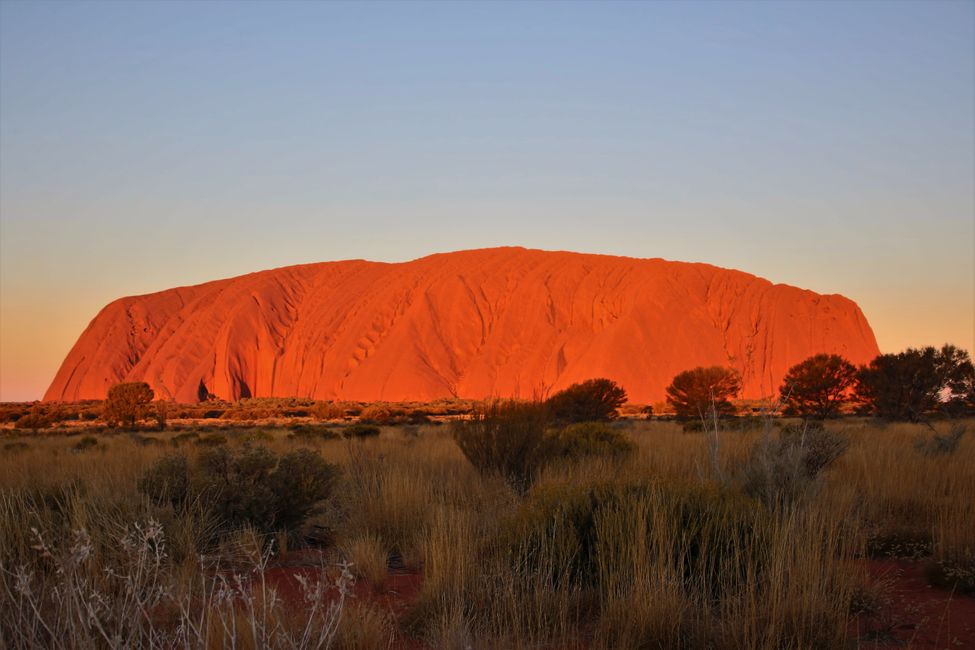
旅行レポートオーストラリア
